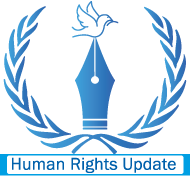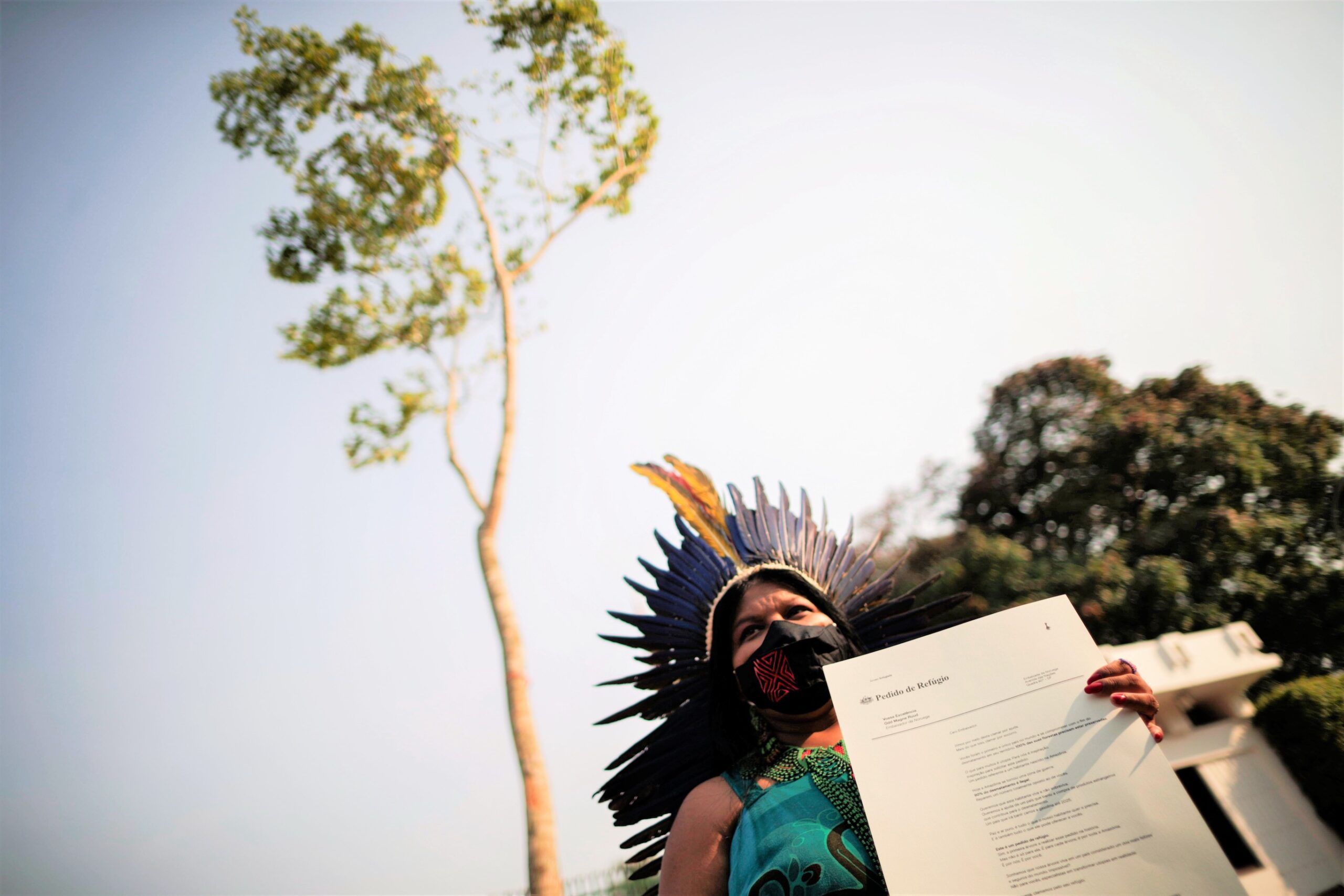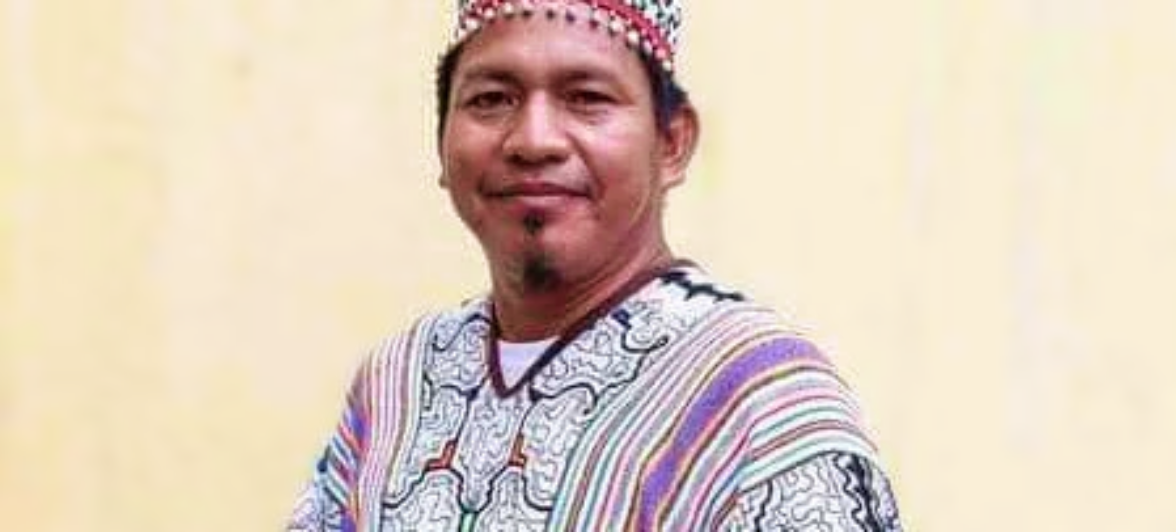In a startling turn of events, the government of Bangladesh, already under international scrutiny for alleged human rights abuses, is now facing renewed condemnation following the sentencing of Adilur Rahman Khan, Secretary-General of the human rights organization Odhikar, and director Nasir Uddin. The duo was sentenced to two years in prison and fined 10,000 taka by Dhaka Cyber Tribunal judge AM Zulfikar Hayat on September 14. Odhikar’s extensive documentation of human rights violations, including enforced disappearances, extrajudicial killings, and political violence, has been the focus of their work.
The shocking incident unfolded as Adilur Rahman Khan and Nasir Uddin were confined to a cage during the verdict announcement. However, what followed was even more distressing – the police subjected Adilur Rahman Khan to brutal torture while transporting him to the prison van. Videos and images capturing this horrific act spread globally within moments, sparking outrage and underscoring a severe violation of human rights. The footage showed policemen repeatedly striking Adilur Rahman’s hands and attempting to twist his hand, has been widely condemned as a gross violation of human rights.
Adding to the controversy, prison authorities have defied a court order by failing to provide the noted human rights defenders with division facilities. The Dhaka Cyber Tribunal had specifically instructed the superintendent of Dhaka Central Jail to provide division facilities when sentencing them on September 14. Despite the order being sent to the jail on the same day, it has been disregarded, causing delays in filing appeals and seeking bail.
Furthermore, Adilur Rahman Khan was previously granted division facilities during his 60-day pre-trial detention in 2013, following a High Court order. Nasiruddin also received similar privileges based on his lifestyle and social status.
Notably, international observers, along with domestic and foreign media, were present in the courtroom during the judgment. Since the announcement of the verdict, 72 human rights organizations, as well as countries such as the United States, the European Parliament, France, and Germany, have all called for the unconditional release of these two human rights activists.
The government’s decision to cancel Odhikar’s registration and the subsequent ruling have drawn severe criticism. The New York Times characterized it as a new crackdown on dissent, while the BBC suggested that it was part of a broader government crackdown ahead of an election.
The United Nations has emphasized the importance of disseminating accurate information and maintaining transparency to combat the spread of misinformation. However, the government’s actions in this case have been seen as an affront to freedom of expression and a stark departure from these recommendations, resulting in the incarceration of human rights activists. This incident has brought international attention to the ongoing human rights concerns in Bangladesh.






